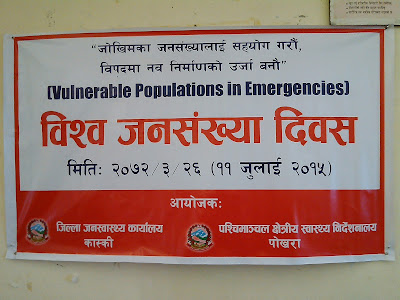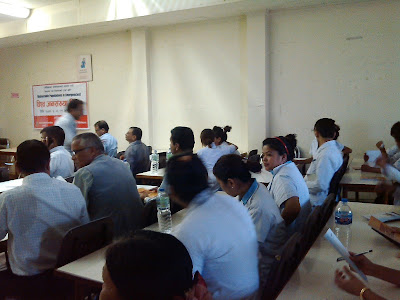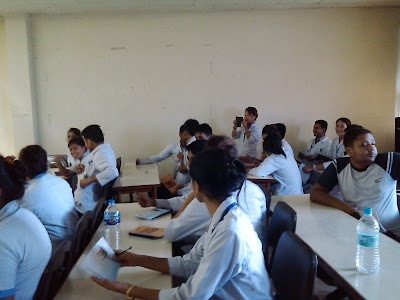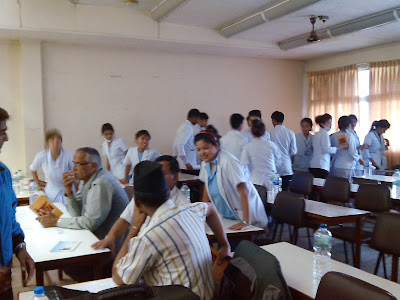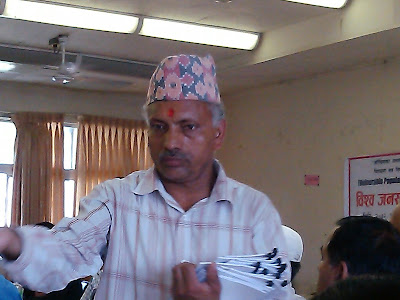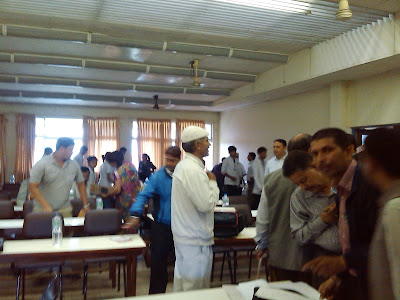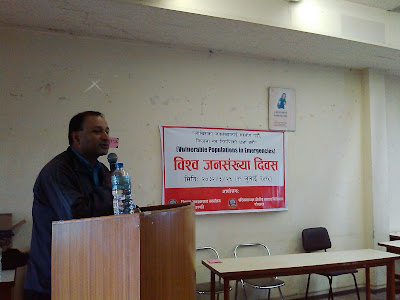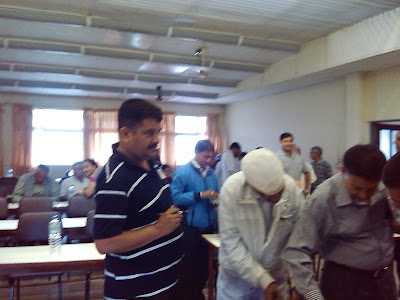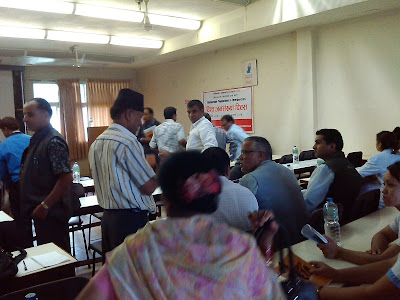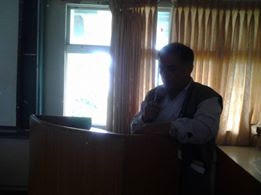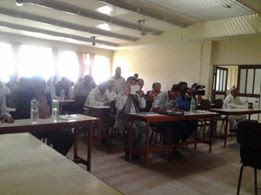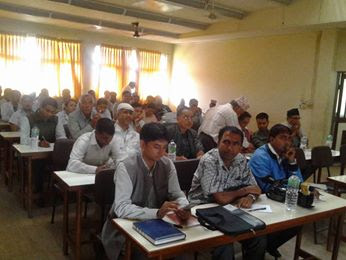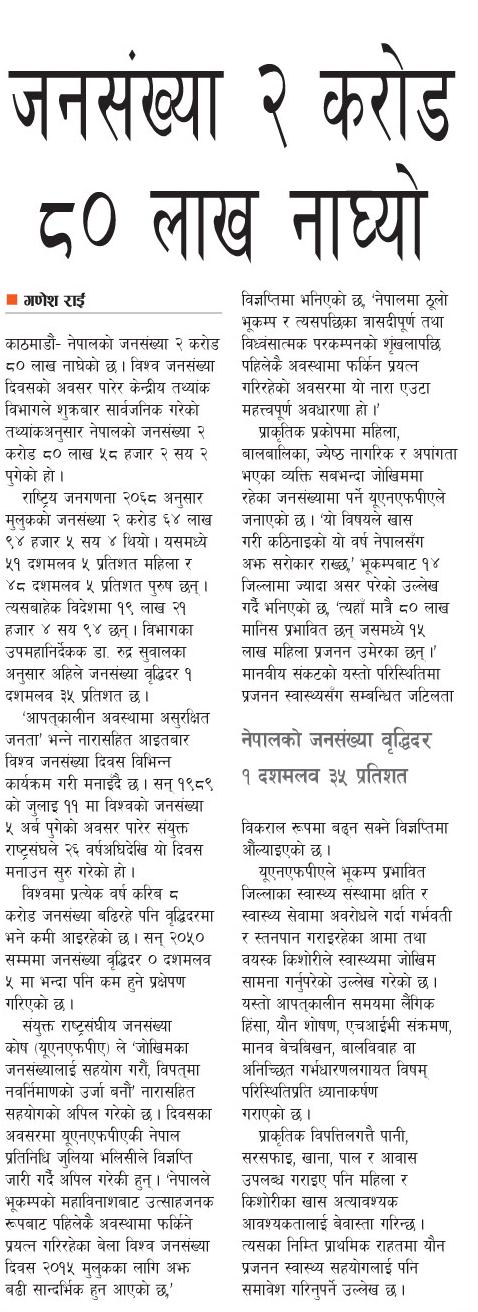Fast facts (Source: The Himalayantimes News)
- Eight million people, alone in the 14 most-affecte
d districts, were affected when the devastating quake hit the country on April 25 - Among them are 1.5 million women of reproductive age
- With damaged health institutions and disrupted health and reproductive health services, many women, especially pregnant women, breastfeeding mothers and adolescent girls are facing increased health risks
- Vulnerable people in time of emergencies are more likely to endure the consequences of a crisis such as gender-based violence, sexual exploitation, HIV infection, human trafficking, child marriage or even unwanted pregnancies
- In the aftermath of a disaster, provisions of water, sanitation, food, tents and housing are automatically delivered while specific and essential needs for women and girls are often overlooked. Sexual reproductive health support to women and girls should also be integrated in the relief package.


